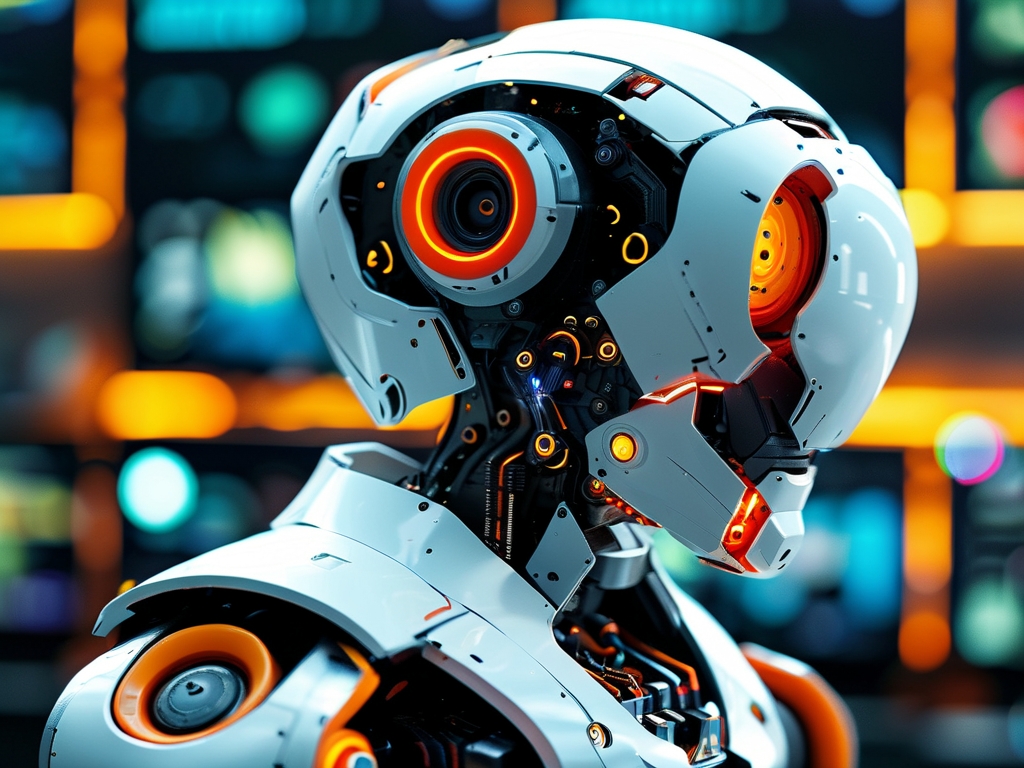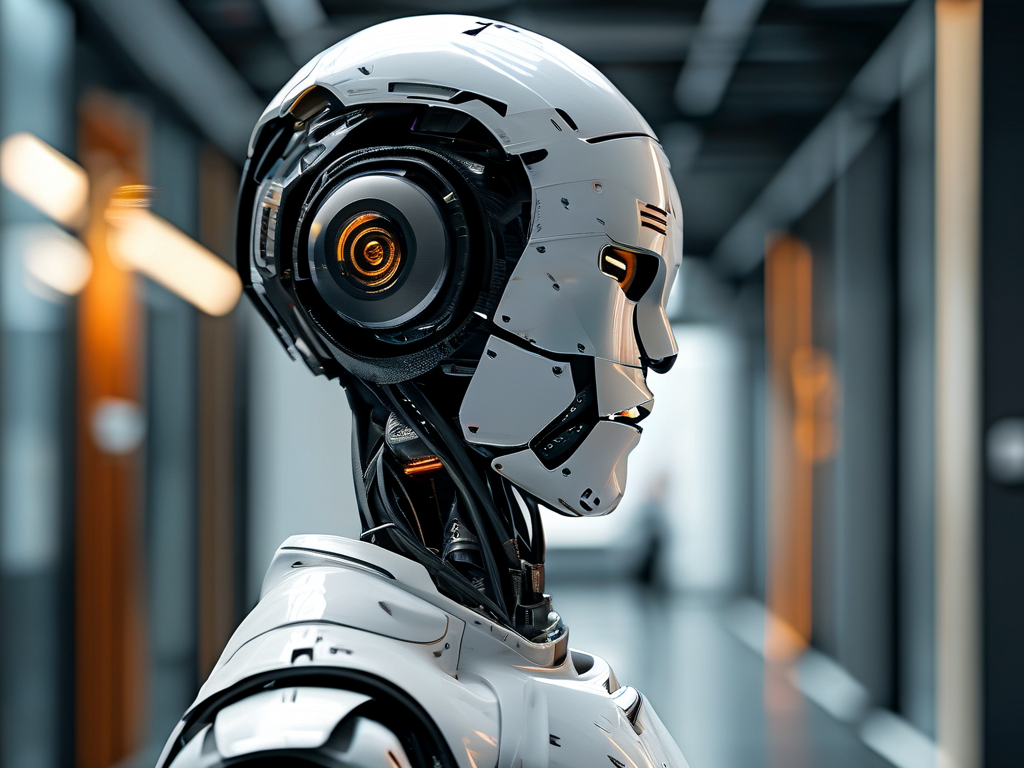The rapid advancement of automation and robotics has revolutionized industries ranging from manufacturing to aerospace. At the heart of this transformation lies the expertise of Mechanical Control Algorithm Engineers—professionals who design, optimize, and implement algorithms that enable machines to operate with precision, efficiency, and adaptability. As companies worldwide strive to enhance productivity and embrace smart technologies, the demand for skilled engineers in this field has surged. This article explores the role of Mechanical Control Algorithm Engineers, the skills required, and why joining this field—or hiring the right talent—is critical for shaping the future of automation.

The Role of a Mechanical Control Algorithm Engineer
Mechanical Control Algorithm Engineers bridge the gap between theoretical control systems and real-world mechanical applications. Their primary responsibility is to develop algorithms that govern the behavior of mechanical systems, such as robotic arms, autonomous vehicles, industrial machinery, and drones. These algorithms ensure stability, accuracy, and responsiveness in dynamic environments. Key tasks include:
- Modeling and Simulation: Creating mathematical models of mechanical systems to predict their behavior under various conditions.
- Algorithm Design: Developing control strategies like PID (Proportional-Integral-Derivative), MPC (Model Predictive Control), or adaptive control systems tailored to specific applications.
- Implementation and Testing: Translating algorithms into code (e.g., C++, Python, or MATLAB/Simulink) and validating their performance through simulations and physical prototypes.
- Optimization: Fine-tuning parameters to improve system efficiency, reduce energy consumption, or enhance safety.
Why This Role Matters
In an era where automation is no longer a luxury but a necessity, Mechanical Control Algorithm Engineers play a pivotal role. For instance, in manufacturing, their work enables robots to perform complex tasks with micron-level precision. In autonomous vehicles, their algorithms process sensor data in real time to ensure safe navigation. Without robust control systems, even the most advanced hardware would fail to deliver reliable results.
Skills and Qualifications
To excel in this role, candidates must possess a blend of technical and analytical skills:
- Advanced Mathematics: Proficiency in linear algebra, calculus, and differential equations is essential for system modeling.
- Control Theory: Deep understanding of classical and modern control techniques, including state-space analysis and nonlinear control.
- Programming: Expertise in languages like C++, Python, or MATLAB for algorithm implementation.
- Hardware Integration: Familiarity with sensors, actuators, and embedded systems (e.g., ROS, Arduino, or PLCs).
- Problem-Solving: Ability to troubleshoot complex systems and adapt algorithms to unforeseen challenges.
A master’s or Ph.D. in Mechanical Engineering, Electrical Engineering, or Robotics is often preferred, though exceptional candidates with hands-on experience may also qualify.
Industry Applications
The versatility of mechanical control algorithms spans multiple sectors:
- Manufacturing: Optimizing assembly lines for speed and precision.
- Aerospace: Developing flight control systems for drones and aircraft.
- Healthcare: Designing robotic surgical assistants that enhance procedural accuracy.
- Energy: Improving the efficiency of wind turbines or solar tracking systems.
Why Join Our Team?
Our company is at the forefront of automation innovation. By joining us, you will:
- Work on Cutting-Edge Projects: Collaborate on initiatives that redefine industry standards.
- Access State-of-the-Art Tools: Utilize advanced simulation software and hardware platforms.
- Grow Professionally: Attend conferences, participate in R&D, and receive mentorship from industry leaders.
- Competitive Benefits: Enjoy flexible work arrangements, health insurance, and performance-based bonuses.
How to Apply
If you are passionate about pushing the boundaries of mechanical control systems, we invite you to apply. Submit your resume, a cover letter highlighting relevant projects, and code samples (if applicable) to [careers@company.com].
Mechanical Control Algorithm Engineers are the unsung heroes of the automation revolution. Their work ensures that machines operate smarter, faster, and safer—driving progress across industries. Whether you’re an engineer seeking a challenging career or an employer looking to hire top talent, investing in this field is an investment in the future.





